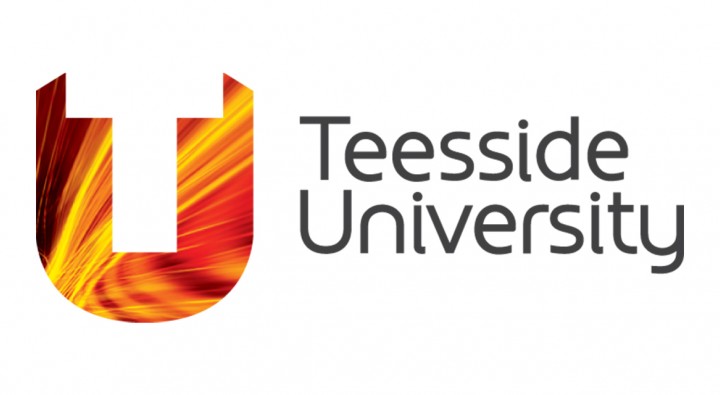
Having Daisy as our technical partner throughout our migration journey from analogue telephony to VOIP has been all-important. Although we had a good idea of the solution we needed, Daisy’s technical expertise, consultancy and experience proved invaluable. As a result, we were able to deliver a solution that not only meet our initial project objectives, but a solution which has proven to be flexible, scalable and reliable enough to adopt to an unforeseen world pandemic, resulting in a different organisational staff working structure. From project management, engineer design, support desk service and account management, all of their contributions have been of an exceptionally high standard.
-Michael Graham, Service Manager (Unified Communications) at Teesside University
The Background
Teesside University is a public research university in Middlesbrough, North East England. It is mainly known for its digital technology, computer science, and engineering courses.
The university employs over 2,500 staff and has a diverse student community, with around 20,000 full and part time students.
The Challenge
Before working with Daisy, Teesside University’s telephony service was largely serviced by an aging analogue Siemens iSDX telephony system, alongside a small deployment of Skype for Business (SfB) telephony. While this hybrid setup was working well for them, it had its limitations and they needed to find a more cost effective, business focused and scalable solution. The university wanted a solution which would replace both the legacy analogue service and replace the SfB telephony, making the commitment move over to VOIP (voice over IP) and UC (unified communications) telephone systems.
As the initial solution design workshops were commencing, national COVID-19 lockdown in 2020 occurred, this added an extra layer of complexity and pressure to the project. Due to site access restrictions and lockdown the project was managed, designed, and delivered remotely.
The Solution
After going to market and completing a rigorous tendering process, Teesside University chose to partner with Daisy. The main reasons for this were:
- They needed confidence that the chosen telephony solution and technical partner would meet business demands and reliably support their 2,000+ staff users
- We could offer the best pricing due to our partnerships with key UC technology providers, such as Mitel and Unify
- We were able to offer the solution that best met their requirements and future telephony and unified communications ambitions
We worked with the university to set up their contact centre, something they never had before, also supplying their system hardware and software licences. As it was a Mitel contact centre solution, it allowed them to fully manage their incoming calls to their service desk daily. The contact centre is heavily used for the university’s busy IT service desk environment, and during high call volume critical periods such as university clearing.
Following the COVID pandemic, Teesside University adopted new ways of operating. Working from home was introduced via hybrid working for staff for the first time. Ensuring all university students and business services were unaffected by this fundamental change was vital. Our Mitel telephony solution (MiCollab) provided the ideal platform to fully support this operational change, enabling the university to operate effectively and seamlessly, no matter where staff or students were located or how they connected.
The Result
Mitel’s softphone product (MiCollab) has proven very popular with staff, as it works well on laptops and mobile phones via the MiCollab app. Equally, the physical Mitel handsets deployed proved to be easy to use for end-users, robust, and the ability to ‘hotdesk’ login between desk phones in any university building or campus location has been proven useful.
One of the reasons Teesside University chose our Mitel solution was due to Mitel’s long history of offering quality feature-rich telephony solutions. This has proven to be the case again, and the university now has the ability to tailor a telephony service customised in line with their end user’s needs.
This project was able to meet all of Teesside University’s needs, which included:
- Supporting hybrid staff working – Softphone, smartphone app – manage status (in office, working from home, DND)
- Switchboard operation improvements – New IVR menus simplify and streamline the use of the switchboard. Staff can operate the switchboard onsite and offsite via the MiVoice Business Console.
- Contact centre – Our Ignite solution allows agents to deal with high volumes of calls, ensuring no calls go unanswered. This is used by their IT service desk and clearing environments.
- Tiger reporting – Allows them to leverage extensive reporting features to pull off ad-hoc call reports, and scheduled management-level reports.
- Hugely reduced call costs across the university – By updating to SIP line tariffs (supplied by Maintel/Gamma), the university saw significant savings compared to the revenue costs of the analogue telephony lines they had previously, even though the number of calls they have since made is higher than before.
